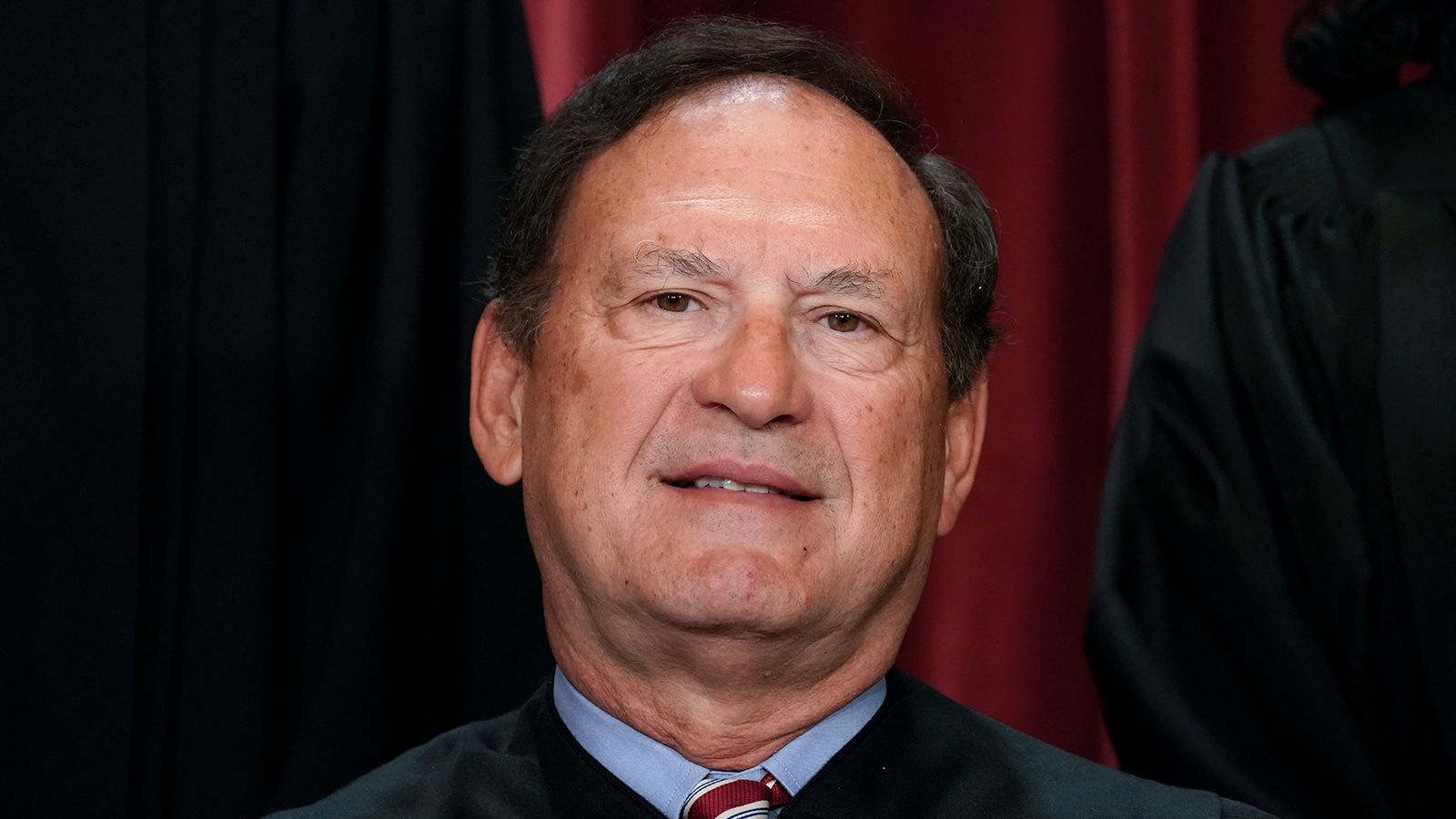- cross-posted to:
- [email protected]
- cross-posted to:
- [email protected]
Justice Samuel Alito’s recent assertion that Congress lacks the authority to regulate the Supreme Court contradicts pledges made by him and other justices during their confirmation processes to adhere to congressional ethics laws. Investigations revealing failures to comply with federal gift laws, including Alito’s acceptance of a private jet flight before ruling on a related business matter, have fueled calls for Congress to impose a formal code of ethics on the Supreme Court.



The contradiction between Justice Alito’s prior commitment to ethics laws and his current stance reveals a fundamental tension in our understanding of power and accountability. This incident serves as a reflection of a broader system where principles often succumb to the mechanisms of authority, exposing the frailty of ethical commitments in the face of institutionalized power.
Did an AI write this comment?
Not sure how to respond to this, but no it did not 😅
Well, Reddit bots always said “beep boop”, so I think that’s how you’re supposed to respond.
That was the old place… what should a Lemmy bot say instead? 🤔
bleep bloop the added l is for lemmy. /s
Did an AI write THIS comment??
Definitely not!
I’m not sure. It’s partly just that Alito is a selfish, lonely, bitter, viciously bigoted person. The progressive justices don’t seem to be having a problem following the ethics rules.
I’m progressive as they come, but that’s not entirely true. While nowhere near as bad as any of the conservative justices, Sotomayor used her position of power to have her staff push book sales to libraries and schools, something that would be illegal for pretty much any other federal employee:
https://apnews.com/article/supreme-court-sotomayor-book-sales-ethics-colleges-b2cb93493f927f995829762cb8338c02
Good comment! (Sorry, not on here a lot)
An important reminder and a good counter example. That said…this is petty and clearly unethical, and also strikes me as quite a different phenomenon from the kind of open corruption we are talking about with the conservative justices.
Reading your comment was like a breath of fresh air. Eloquently put.
Appreciated, thank you for the compliment ☺️
The hierarchy of power is backwards.
It subjugates humans under a tyranny abstractions, when it should be organizing abstraction under humanity.
Power shouldn’t flow from the top down.
It should rise from the bottom up.